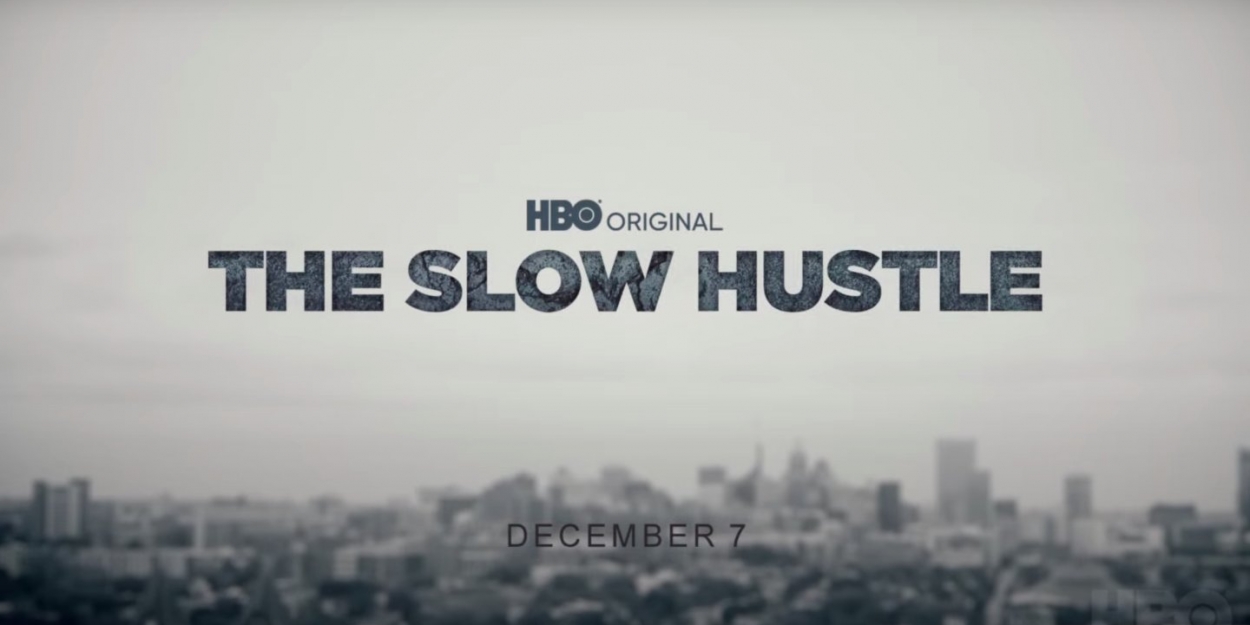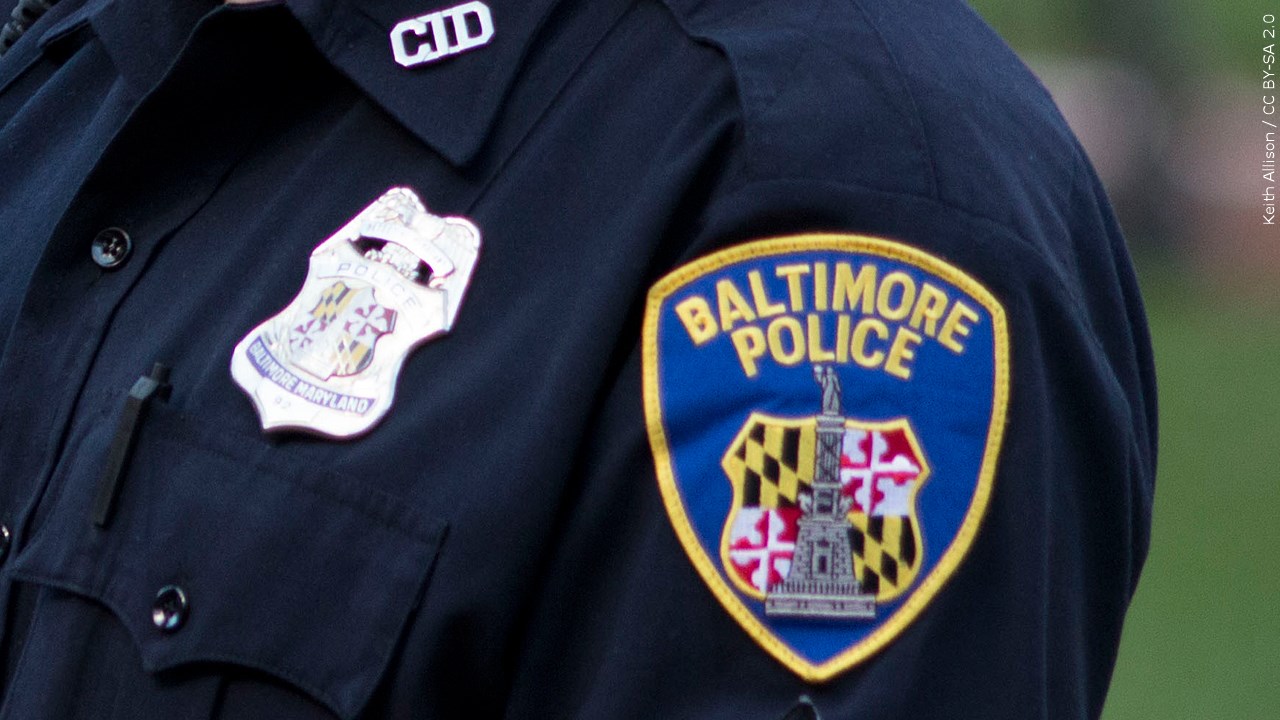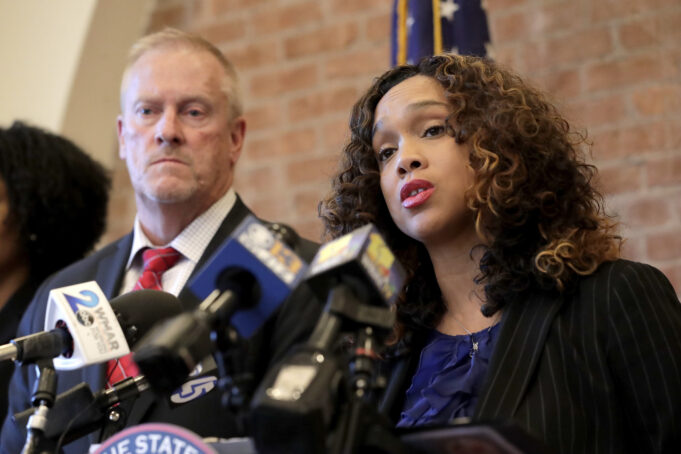Four Baltimore City police officers are accusing their department of creating a culture so full of racial discrimination, sexual harassment and retaliation that they are often afraid to go to work. The Black female officers have individual pending lawsuits against their department. They often fear for their safety while at work. They are afraid of fellow officers.
“I’m concerned for my physical wellbeing,” admitted officer Welai Grant in an interview with The Final Call. “Sean Suiter was a detective here. It’s unknown if he committed suicide or if he was murdered. However, everything in the investigation is pointing toward him being murdered. I have seen people demoted at work without reason.”

“They will plant drugs on people in the street, so you know so they will come up with something to get you back and it’s usually with your safety or with your livelihood as an officer,” she said.
Det. Sean Suiter died November 15, 2017, from a gunshot to the head while on duty. He died the day before he was scheduled to testify before a federal grand jury in a racketeering case against the police department’s notorious Gun Trace Task Force. Baltimore States Attorney Marilyn Mosby in 2019 asked courts to throw out nearly 800 criminal cases handled by 25 city police officers, saying she had reason to distrust more than a dozen cops in addition to the eight convicted in the Gun Trace Task Force scandal that rocked the city police department.
Ms. Mosby said the problem was “sworn police officers involved in egregious and long-standing criminal activity, such as planting guns and drugs, stealing drugs and money, selling drugs, making illegal arrests and bringing false charges.”
The Gun Trace Task Force was a police street unit involved in robbery, drug selling, stealing police overtime, planting evidence and other wrongdoing. Two Baltimore City police detectives were convicted on federal racketeering and robbery charges and six others on the task force pleaded guilty in 2018.
Det. Suiter’s family says he was murdered. The department says he killed himself on the street, but there are no witnesses.
His “mysterious” death and the Baltimore Police Department will be featured in an HBO documentary, “The Slow Hustle,” premiering Dec. 7. The ongoing investigation into his death and the possibility that police may be involved impacts current officers.
“It’s very, very stressful coming into work,” Sgt. Danika Yampierre, one of the officers who has filed suit, said. “You don’t know what they have next for you. It’s like we’re up against something that we have no clue on what are we going to face.”
“Every day, it can be something, like frivolous charges against you, transferring you to another department, making you very uncomfortable. That’s their main goal, to make you uncomfortable, so uncomfortable, to the point where you want to give up and quit,” Sgt. Yampierre added.
The lawsuits also include legal actions taken by officer Jasmin Rowlett and Tashawna Gaines, a former sergeant. When both refused to falsify overtime slips, they were passed over for promotions and had fake rats left on their desks after they complained of harassment, according to their complaints.

Attorneys for the city have filed motions to dismiss all the claims.
“The reality is we are prepared to move forward through a long protracted litigation, because at the end of the day we need accountability. You can’t just throw money at a problem and not fix the problem because that’s just a band aid, it’s not actually an infrastructure fix,” said attorney Dionna Maria Lewis, who represents each of the officers in an individual capacity.
“I think these lawsuits demonstrate that we need infrastructure fixes and it’s not just the police department as we’ve talked about. You see this in law enforcement generally; there’s a systemic problem.”
“If you can’t have law, order and decency within your own police department, how do you expect law enforcement officers to in turn demonstrate that law, order and decency to the civilian population?” she asked. “ We have to fix this system; it needs to be fixed from the inside out.”
Jasmin Rowlett witnessed Baltimore police brutality growing up. She wanted to be a different kind of cop and try to fix the system. “I put my best foot forward to show the community that not all cops are the same. It’s our responsibility to change what we don’t like, what we see. I just wanted to contribute to that,” she told The Final Call.
The harassment changed her perspective. “This experience has discouraged me,” she said. “As far as White men and power goes, I could wear my uniform anywhere, but I will never be equal to one of them.
“Experiencing this is frustrating. Dealing with the fact that I could, say have all the evidence in the world against them, the Baltimore Police Department could still let them get away with the things they’ve been allowing them to get away with,” she said.
Attorney Lewis talked about the range of emotions her clients feel. “You rely on your colleagues to protect you. However, it’s a very dangerous public service position to be in. The fact that you don’t feel comfortable fully being able to be out there, whether you’re a patrol officer or whether you’re actually in a police cruiser,” she said.
These allegations are another problem for a department in the midst of so-called reforms mandated by a federal consent decree. The agreement was reached in 2017 after a Justice Dept. investigation found officers routinely violated citizens’ civil rights, especially in predominantly poor Black communities.
“The lack of organizational action on what has been reported to be many and varied complaints, can only be viewed as active, systemic racism and deliberate indifference, and shows a further continuing failure to adequately address issues specific to Black female members within the Baltimore Police Department, with these attitudes apparently having festered both individually and collectively for several years,” said the National Association of Black Law Enforcement Officers in a statement.













